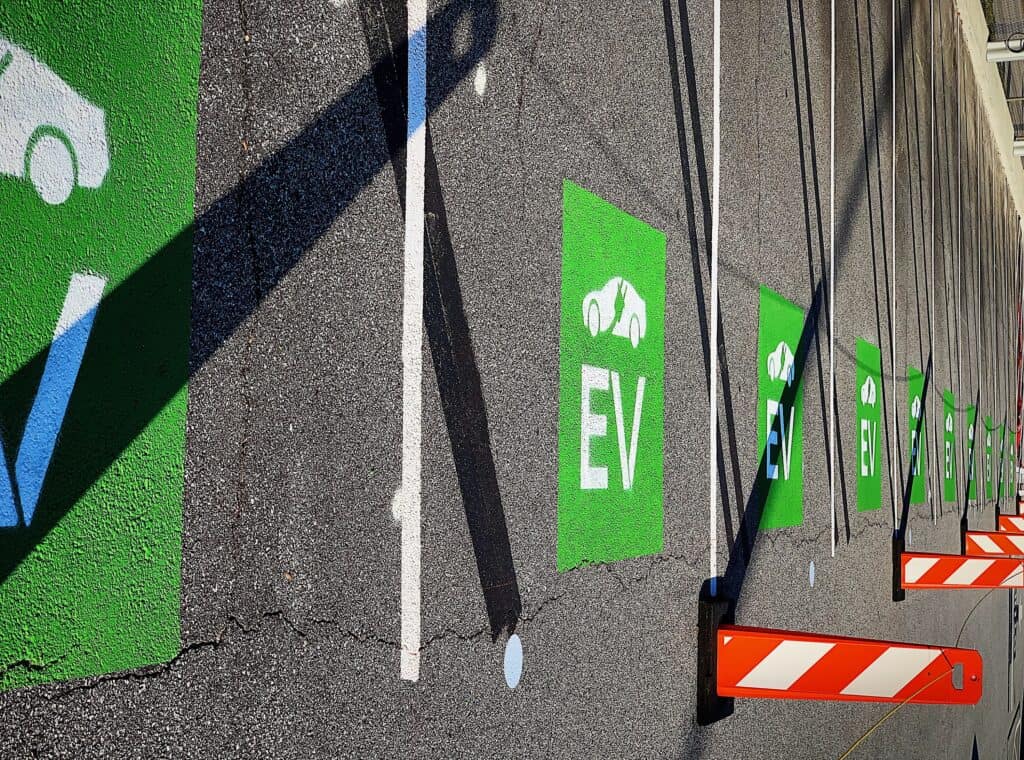‘Concerns’ Over EV Silence Safety Impact

A recent study has shown that there are safety concerns around the ‘silence’ of electric vehicles (EVs).
The poll found that 47% of pedestrians have raised concerns about how quiet EVs are when moving, with 27% recently being ‘taken by surprise’ by the approach of a plug-in electric vehicle.
Similar concerns were raised several years ago when EVs were first launched, which is why the European Union (EU) introduced regulations around minimum noise levels on all vehicles.
Those rules have been in place since 2019, but this new poll has raised questions over whether those regulations, known as the Acoustic Vehicle Alerting System (AVAS) go far enough.
Vehicle Noise Regulation
Experts have said that while noise regulation works to a point, there may need to be tighter regulation and more consistency around the artificial noises that a plug-in EV makes.
The issue is that while it makes little to no impact on other vehicle drivers, it can be a serious safety concern for other road users such as pedestrians, cyclists, and horse riders among others.
With pedestrians being twice as likely to be hit by an EV or hybrid vehicle compared with a petrol or diesel vehicle, according to a research paper in the British Medical Journal, it’s clear that there is a serious safety issue to deal with.
One call that is being made by many experts is for the running noise on an EV to be standardised across all makes and models so that manufacturers have a specific standard to meet.
But 37% of people surveyed in the poll believe that the decision on the noise that a vehicle makes while moving should be determined by the person purchasing the vehicle. Those choices could be from a set list, meaning that they meet minimum noise level requirements, but also give private car buyers and fleet owners the freedom to choose the specific noise themselves.
Road Safety And The Future Of EVs
Under the current rules, when an EV is being driven either at low speed or in reverse, a noise automatically begins. The noise itself can vary between artificial engine sounds to chimes, bells and a range of different sounds.
The most popular option for those polled was for EVs to emit a noise that mimics a traditional petrol or diesel engine, a noise which pedestrians and all road users are already familiar with and recognise as a vehicle approaching.
The potential issue with other noises is that while they may alert a pedestrian, many may not recognise it as a vehicle approaching before, they can see the vehicle itself, which could be an issue on blind corners or where the vehicle isn’t immediately visible.
Do you think artificial noises for electric vehicles need to be more tightly regulated? And do you think that a sound mimicking the noise of a traditional internal combustion engine (ICE) vehicle is the most suitable sound for an EV to emit? Let us know in the comments below…










